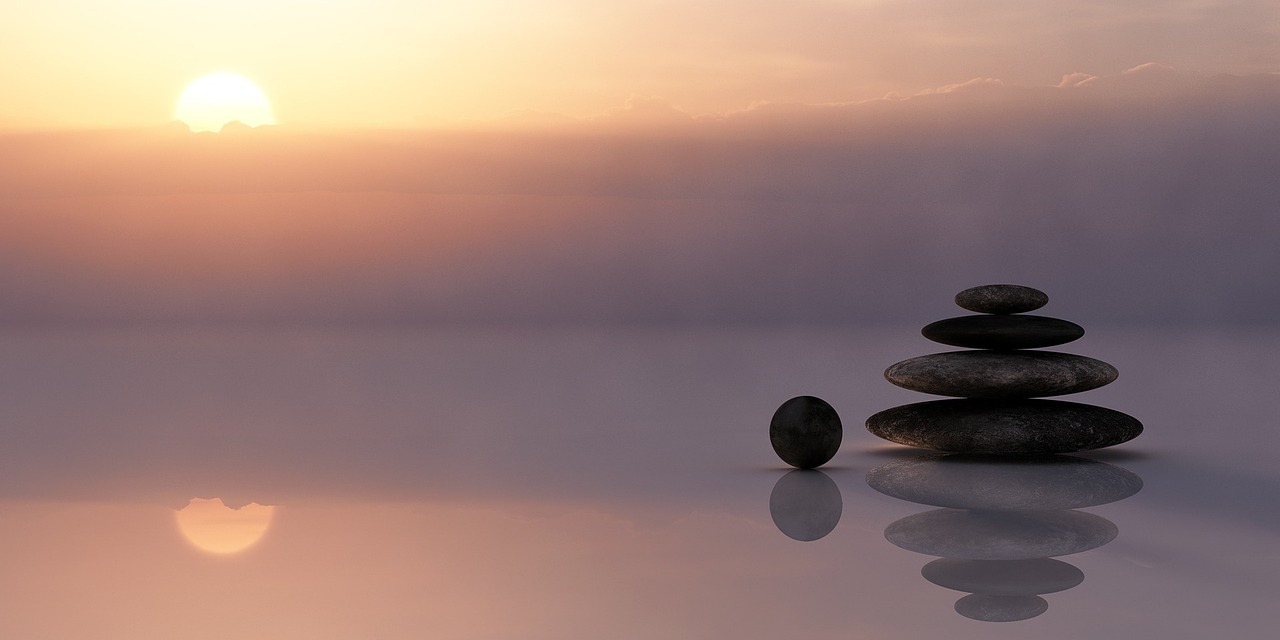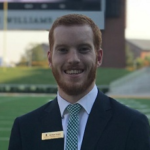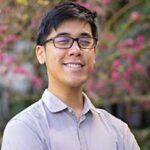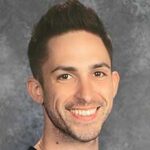We spend so much time learning about the external world, yet almost no time learning about ourselves. Quite peculiar – considering how essential we are to us, I am to me, or you are to you. K-12 comes with a long litany of subjects ranging from science to history; yet, almost no time at school or at home is dedicated to self-discovery.
It is no wonder why then many people end up feeling lost, and at that, more than once in their lives. After all, if you don’t know who you are, how would you know where you are, where you’ve been, or where you’re going?
Learning About Yourself
Learning about yourself is a practice as old as humanity itself, covered in great depth by the likes of Siddhartha Gautama, or Buddha, and even our most ancient ancestors who drew self-depictions some 200,000 years ago. Be it drawn or written about, the self is an omnipresent subject to explore; a book ready to be dusted off; a rusted-on map begging to be discovered; an ever-changing river that requires constant revisiting. As Buddha observed, everything is impermanent. Life and our selves are no different, as they provide constant content to explore.
So how does one study oneself? And what are the benefits?
Meditation is a centuries old method of self exploration which can lead to improved mental and emotional health. It’s easy and it’s free and can be done sitting, walking, or even focusing on a singular task. Scientists don’t know how, but meditation is shown to regenerate gray matter in your brain like a magic trick. To get started, you can begin by making observations of yourself in this present moment. Focus on the present, slow down. Close your eyes, and listen to your breathing. Feel your lungs expand in your chest and back down again. Focus on your breathing. Ok, now what emotions are you feeling? What thoughts do you have? Watch them like you watch leaves flow to and past you on a river. This is called mindfulness. By watching your thoughts and feelings like an observer, you have begun observing yourself.
Learning about yourself doesn’t just grant awareness over your emotions, it can help you discover the reason behind your habits and behaviors – and unlock ways to change the bad ones. Recently, for instance, I learned the real reason why I’m addicted to the Internet and my smartphone: it’s actually the addiction to gaining new information, likely a prehistoric evolutionary trait that has trickled down into my 21st century life . Research shows that every bit of new information creates a dopamine spike, which explains a lot. It explains why it’s so irresistible to endless scroll or binge watch that new Netflix show. Knowing this now, I can begin addressing not just my addiction but also all the emotional baggage that comes with it (ie. the anxiety of not knowing what’s new, diminished attention span, comparative social stress). Furthermore, if I learn to observe my emotions – including past emotions and how they’ve affected me – I no longer become my emotions. I am not sad, but I feel sad. I can stay at a distance, watch my emotions like leaves on a stream, and let it go.
Peace can be the truest form of happiness, and it starts with self awareness and self discovery.
Self Discovery & Mr. Creger: American High School’s Most Popular Teacher
“Can you come to parent-teacher night? I want you to meet Mr. Creger”, said my sister.
It was a name I had heard before. Too many times. I graduated from American High School in 2007 and even though I didn’t take his class, I couldn’t help but notice the buzz he created around campus. Everyone, during my time and after, sung the same praise: Mr. Creger was their favorite teacher because he helped them learn about themselves through guided class time mediation. There were a subset of people that found this corny, and slept through the sessions. However, those who took away something profound far outnumbered those who didn’t – all because of something called the Personal Creed Project, an innovative curriculum on self-discovery that somehow, Mr. Creger had managed to coincide with the state curriculum for over a 30+ year span.
Coincidentally, I had created my own personal self-discovery routine which I used to practice at a nearby lake, sometimes even leaving school mid-day to reflect. Meeting Mr. Creger at parent-teacher night was the beginning of an unexpected yet unsurprising friendship. We just recently started the Personal Creed Organization, joined by two other founding members who are current students at American, all of us excited to share the positivity of self discovery.
The False Idea of Who You Are
Self-Discovery in Practice
After Skool has some good stuff.
Join the Personal Creed Organization.










